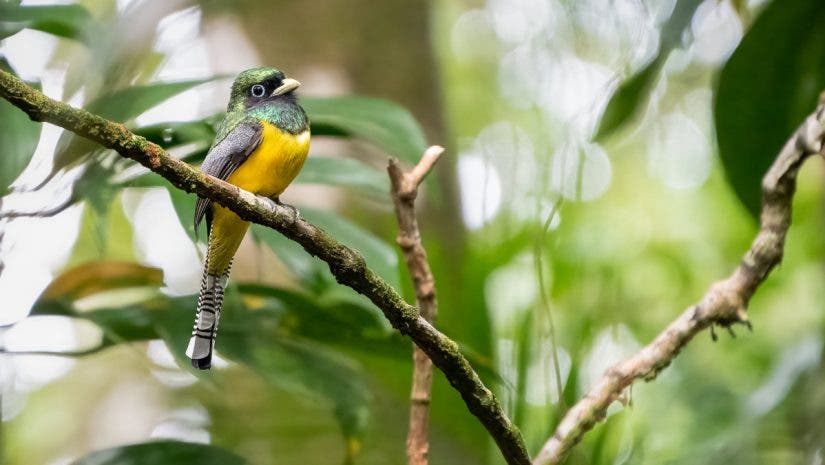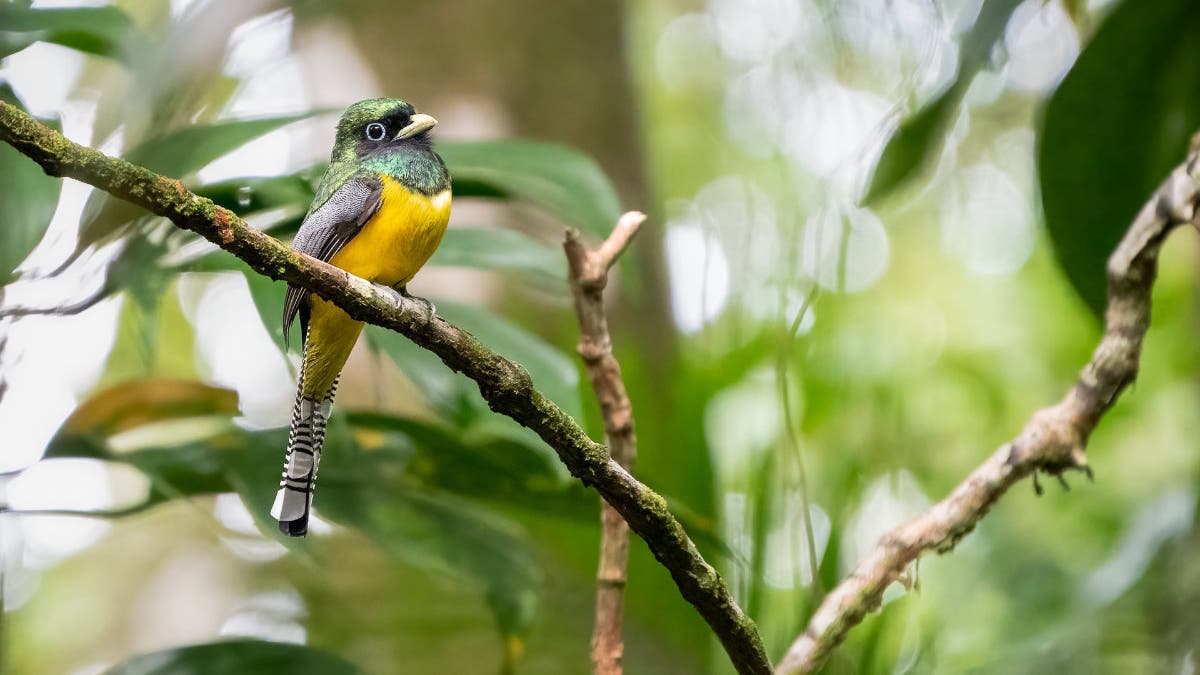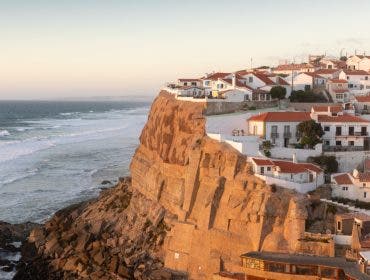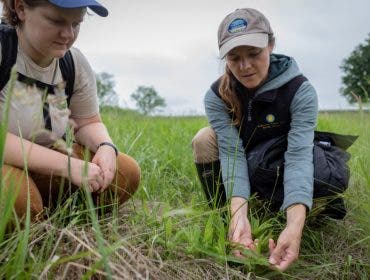Versatility and durability are two core qualities I expect in a lens. As a professional nature photographer who travels, I know these two qualities are just as important as image quality. The Tamron 50-400mm F/4.5-6.3 Di III VC VXD (Model A067) for Sony E-mount checks all these boxes and more. Some of the key features of this lens that make it a critical addition to any traveling photographer’s kit are:
- Weight: 40.7oz
- Length: 7.2in
- 8x Zoom ratio
- 1:2 macro (between 50-70mm)
- Minimum Focal Distance: 9.8in
These features make this ultra-telephoto zoom ideal for any landscape, wildlife, travel, or macro photographer who utilizes the Sony E-mount camera system.
Tamron 50-400mm For the Landscape Photographer
From the sea to the forest, this lens allows for image framing as wide as 50mm or compressing scenes to 400mm. This lens works beautifully when I am at the shore and want to switch between subjects like birds in flight and creative wave motion images. The range on this lens allows me to avoid endangering my sensor by changing lenses in the often harsh, sandy, and salt-filled air environment.
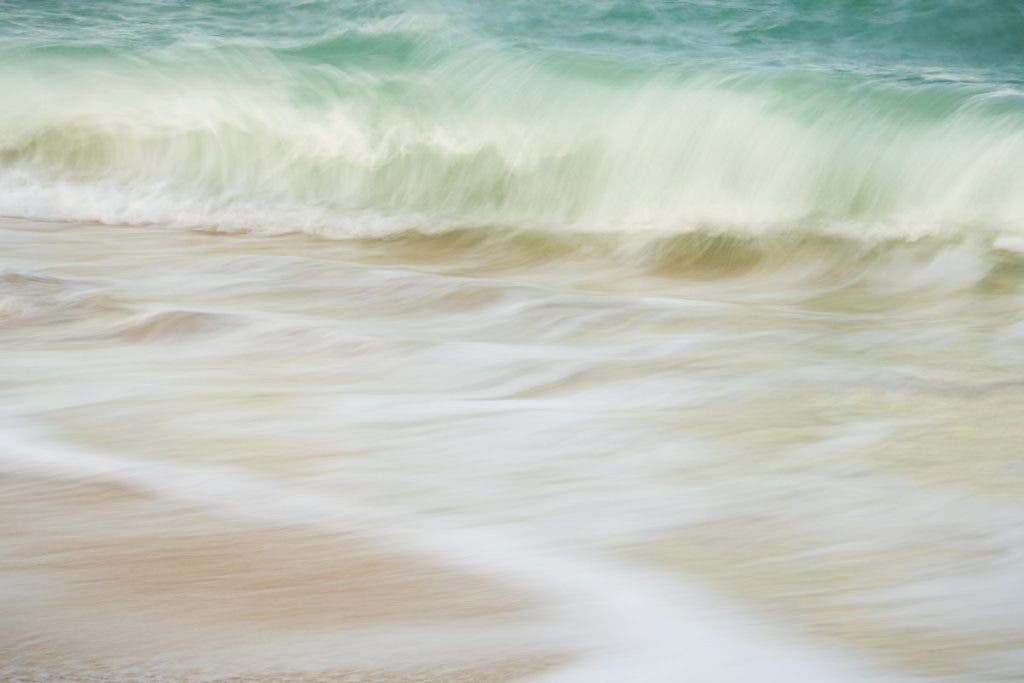
Additionally, I love the compression I get with the Tamron 50-400mm when using it at longer barrel lengths in places like the cypress swamps of the American Southeast. Compressing the trees in this environment allows me to build depth within my images, and since I work from a boat, composing at different focal lengths as needed without changing lenses is key. The proprietary Tamron VXD (Voice-coil eXtreme-torque Drive) linear motor focus mechanism and proprietary image stabilization mechanism VC (Vibration Compensation) allow me to hand hold my equipment while still capturing sharp images, even in low light on a shifting boat or canoe.
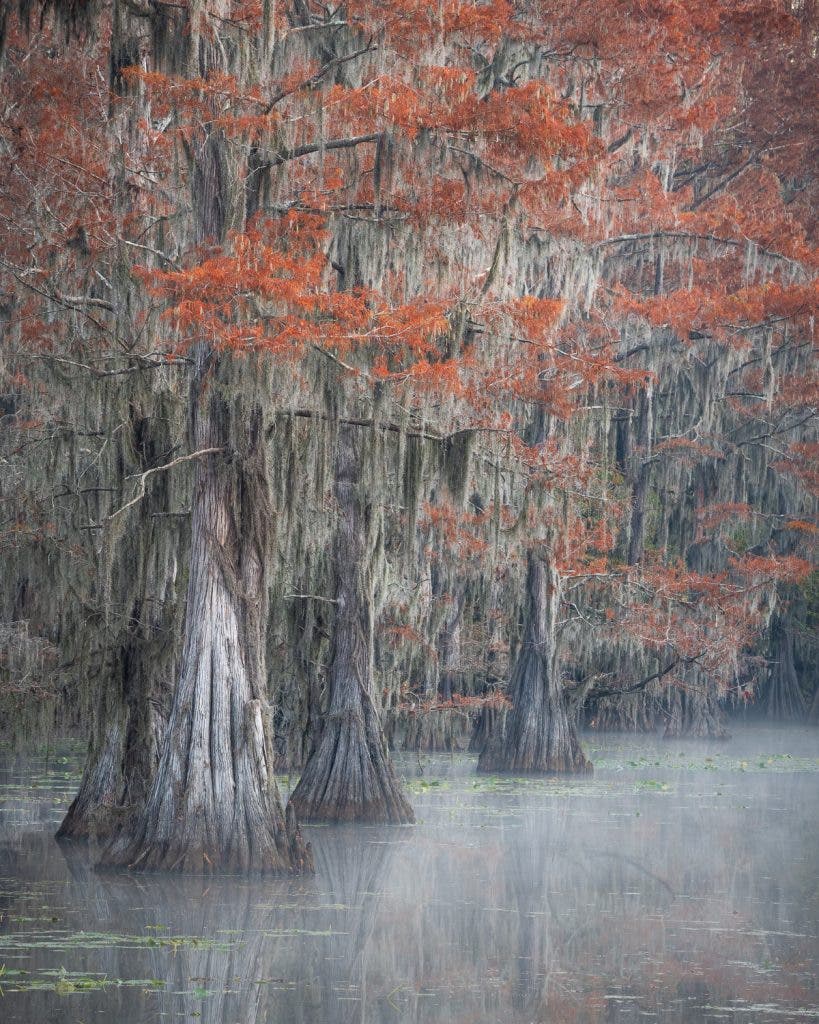
Tamron 50-400mm For the Wildlife Photographer
This lens takes the traditional 100-400mm just a bit further and allows for a greater variation of wildlife images to be created with a single lens. The compact size and light weight combined with the weather-resistant seals throughout the barrel allow me to utilize this lens in some of the more unforgiving environments on Earth such as the Japanese mountains in winter where the famous “snow monkeys” (Japanese macaques) live to the tropical rainforests of Central America.
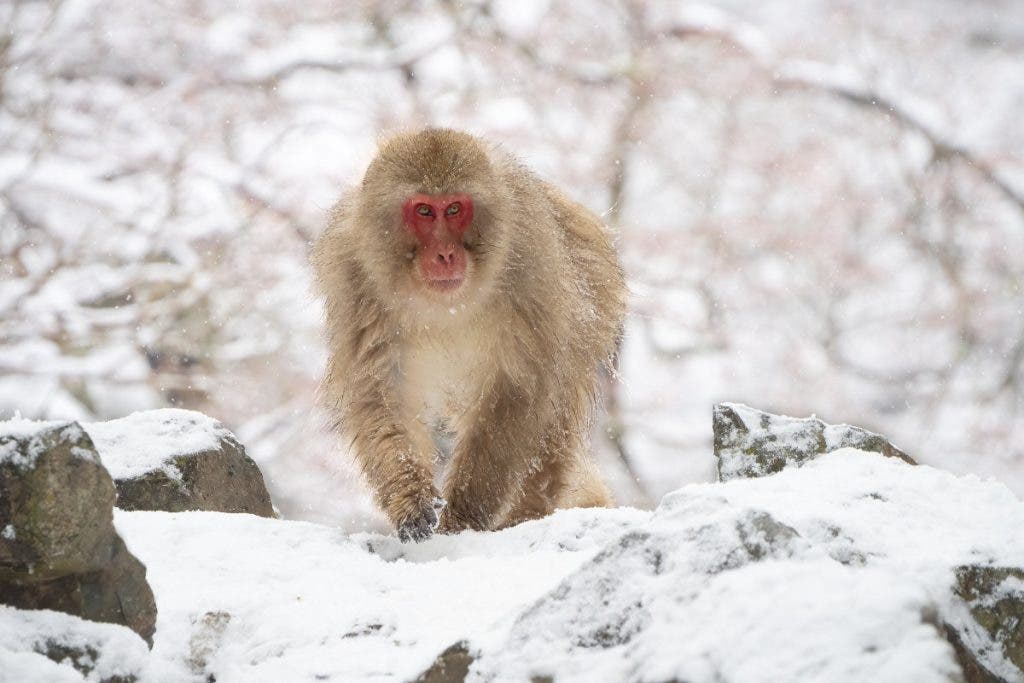
The additional 50mm at the wide end of this lens’s length provides me with a tool that is capable of allowing me to create non-traditional wildlife images, such as this image of whooping swans resting in a geothermically active caldera lake in northern Japan. The 50mm angle allowed me to capture the birds themselves, their reflections, and just as important the surrounding elements, such as the golden light and background mountains to tell the story.
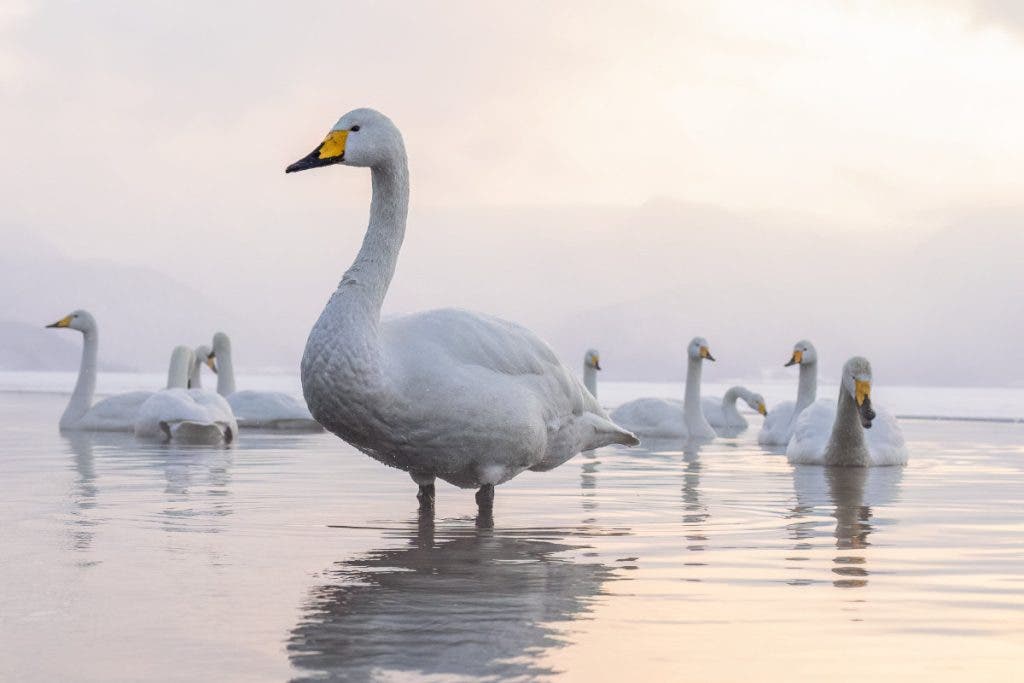
When photographing from whale watching boats in Monterey Bay, California, it is rare to have smooth sailing. This means that I must be able to handhold my gear while maintaining my balance and capturing sharp images all at the same time. The combination of a weather-resistant, lightweight lens with image stabilization VC (Vibration Compensation) packaged together provides optimal performance in these situations.
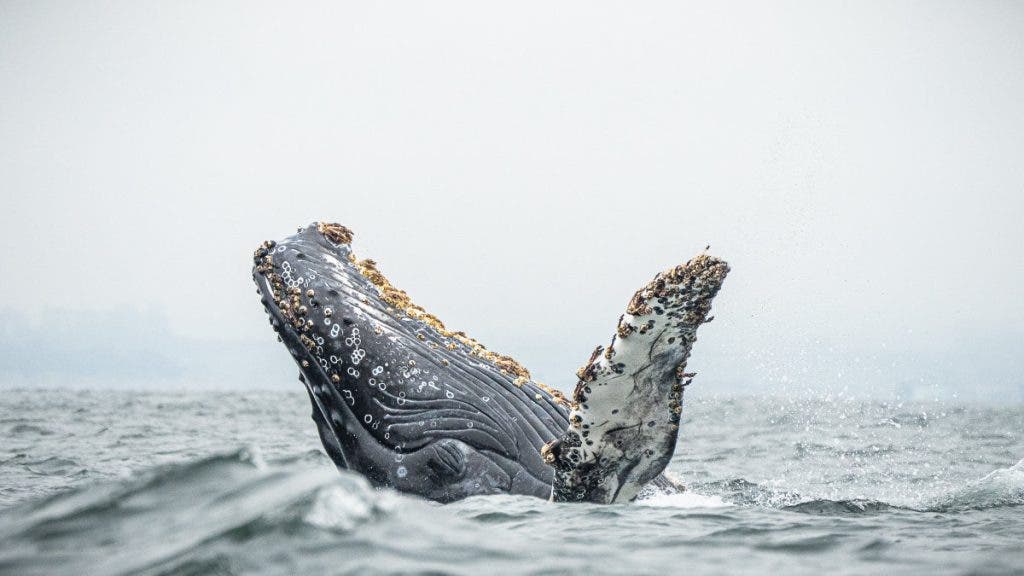
Tamron 50-400mm For the Macro Photographer
My love of macro subjects continues to be satiated in the field with the Tamron 50-400mm F/4.5-6.3 Di III VC VXD (Model A067) for Sony E-mount. Between 50 and 70mm, this lens produces beautiful 1:2 close-up images with sharp detail. From the scales on a moth’s wings to tiny tundra flowers, the MOD (minimum object distance) is only 9.8 inches. To give a visual of this, it means, with the lens hood on, my subject can be touching the lens hood, and I can still obtain sharp focus on the subject! How crazy close is that?

Additionally, the image stabilization VC allows for hand-holding with small subjects, which gives me more freedom for creativity when I don’t have to worry about fiddling with a tripod. This works especially well when photographing potentially moving subjects such as monarch butterflies.
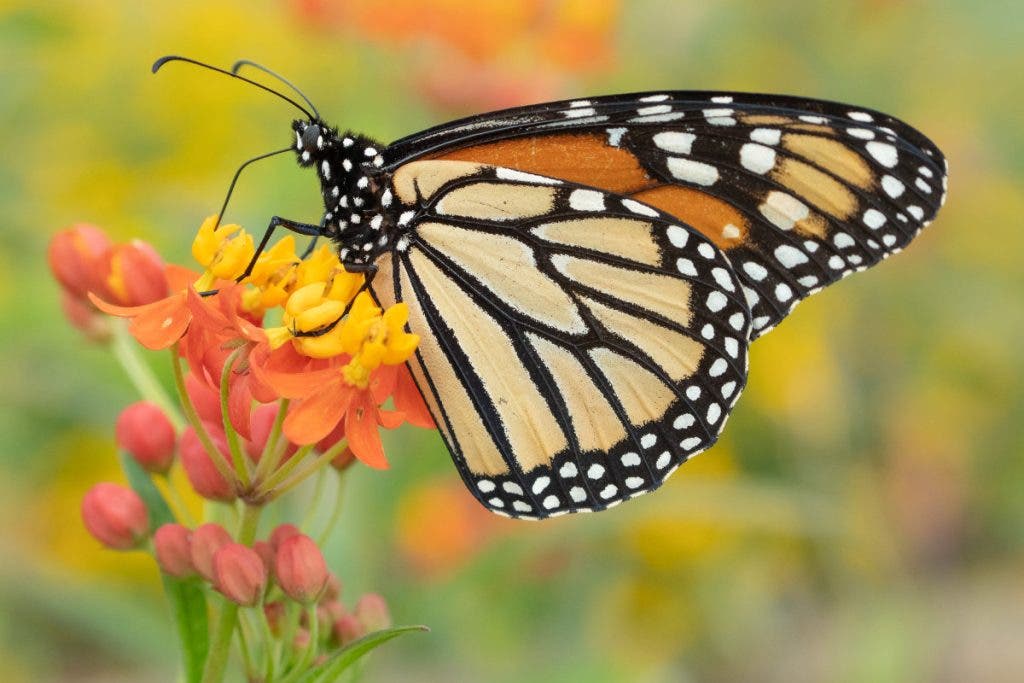
Conclusion
Overall, this is a game-changing lens for nature photographers who want to be able to photograph it all. With a unique focal range and hidden talents such as close-up capabilities, this never leaves my bag and rarely leaves my camera.
